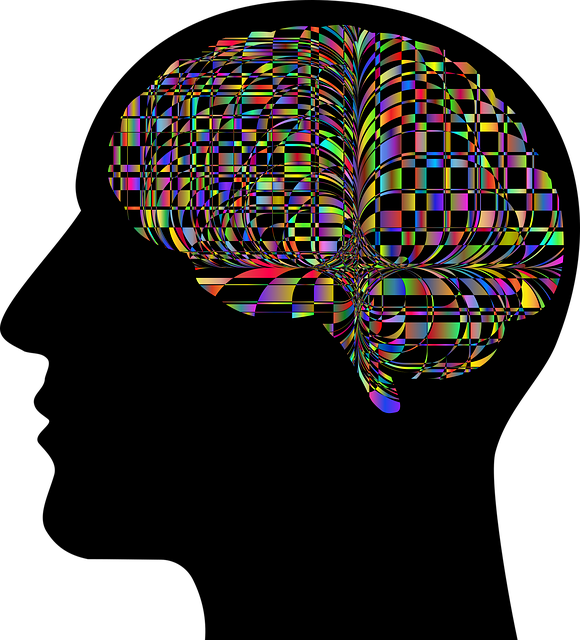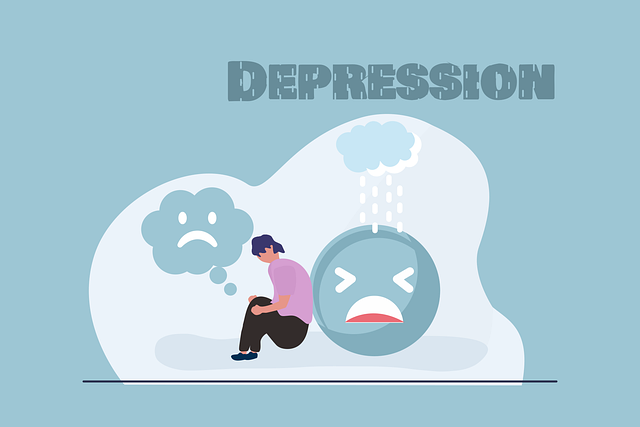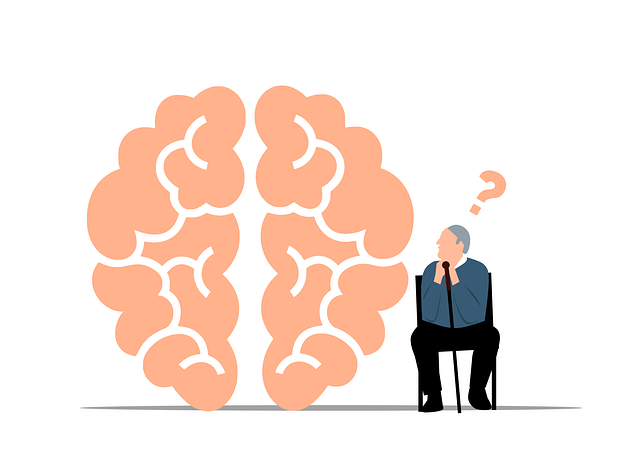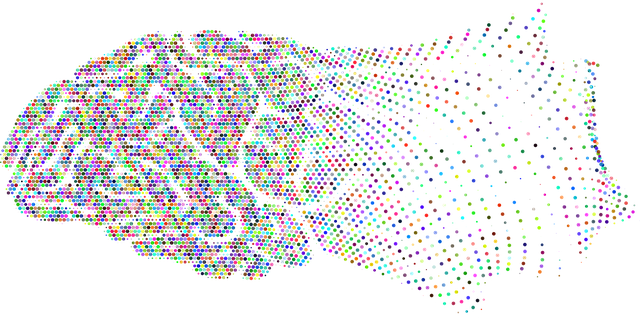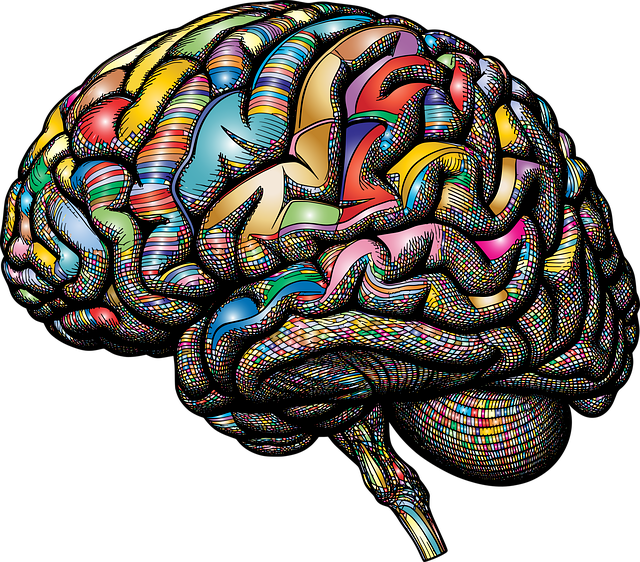Young adults with Attention Deficit Disorder (ADD) or Attention Deficit Hyperactivity Disorder (ADHD) face distinct challenges impacting daily life and mental wellness. Community outreach programs offering education, resources, and coping mechanisms provide essential therapy for young adults ADD-ADHD, mitigating symptoms and promoting self-acceptance. These programs aim to improve academic performance, social interactions, and overall mental health through structured support groups, workshops, coaching, depression prevention, and stress reduction techniques. Measuring success through pre- and post-program assessments ensures tailored interventions that cater to the unique needs of this demographic, fostering a sense of belonging and empowerment.
Community outreach programs play a pivotal role in supporting young adults struggling with Attention Deficit Disorder (ADD) or Attention Deficit Hyperactivity Disorder (ADHD). This article explores strategies for implementing effective initiatives, addressing a critical need in many communities. We delve into understanding the unique challenges faced by young adults with ADD-ADHD and propose actionable steps for successful integration and engagement. Additionally, we discuss measurement techniques to evaluate the impact of therapy initiatives, highlighting the importance of tailored support for this demographic.
- Understanding the Need: Unmasking the Impact of ADD-ADHD on Young Adults
- Designing Effective Outreach Programs for This Demographic
- Strategies for Successful Community Integration and Engagement
- Measuring Success: Evaluating the Impact of Therapy Initiatives
Understanding the Need: Unmasking the Impact of ADD-ADHD on Young Adults

Many young adults struggling with Attention Deficit Disorder (ADD) or Attention Deficit Hyperactivity Disorder (ADHD) often face unique challenges that can significantly impact their daily lives and overall mental wellness. These neurodevelopmental conditions can manifest as difficulties in focus, impulse control, and hyperactivity, affecting academic performance, social interactions, and self-confidence. Without proper understanding and support, young adults with ADD-ADHD may experience heightened anxiety, depression, and a sense of isolation.
Community outreach programs play a pivotal role in raising awareness about these disorders and offering much-needed therapy for young adults. By providing education and resources, these initiatives can empower individuals to manage their symptoms effectively. Mental wellness journaling exercises and guidance on healthy coping mechanisms can be transformative tools. Additionally, confidence-boosting activities tailored to young adults with ADD-ADHD can help them navigate challenges and foster a sense of self-acceptance, ultimately leading to improved mental wellness.
Designing Effective Outreach Programs for This Demographic

Designing effective outreach programs for young adults with ADD/ADHD requires a tailored approach to address their unique challenges and promote mental wellness. This demographic often faces difficulties in areas such as focus, organization, and emotional regulation, which can significantly impact their academic, social, and professional lives. Therefore, community-based initiatives should incorporate strategies that cater to these specific needs, like structured support groups, interactive workshops, and one-on-one mental wellness coaching programs development.
Incorporating depression prevention and stress reduction methods into these outreach programs can be instrumental. By teaching young adults coping mechanisms and mindfulness techniques, communities can empower them to manage their symptoms effectively. Furthermore, creating safe spaces where they can share experiences and connect with peers who face similar challenges can foster a sense of belonging and significantly enhance overall mental health.
Strategies for Successful Community Integration and Engagement

Community outreach programs focused on therapy for young adults with ADD-ADHD thrive when they employ strategic approaches to integration and engagement. Success hinges on creating opportunities for meaningful interaction and connection, fostering a sense of belonging among participants. Tailoring activities and support groups to cater to the unique needs of individuals with ADD-ADHD is paramount. This can include adapting social skills training to accommodate learning styles, providing structured environments that minimize distractions, and offering coping strategies tailored to emotional regulation challenges.
Effective programs also incorporate mood management techniques within their framework, teaching young adults how to identify and effectively respond to triggers. Encouraging open communication and peer-to-peer support through collaborative problem-solving sessions can significantly enhance participants’ sense of empowerment. Additionally, integrating conflict resolution techniques promotes healthy interactions and a safe space for all, fostering an inclusive atmosphere that strengthens the community bond.
Measuring Success: Evaluating the Impact of Therapy Initiatives

Measuring success is a vital aspect of any community outreach program, especially when focusing on mental health initiatives for young adults with ADD-ADHD. Evaluating the impact of therapy programs allows organizations to understand their effectiveness and make informed adjustments. This process involves collecting data on various outcomes, such as improved focus, enhanced coping mechanisms, and increased social interactions, through pre-and post-program assessments. By comparing these results, community health workers can assess whether the therapy initiatives are making a tangible difference in participants’ lives.
One effective method is designing mental health education programs that incorporate interactive workshops on stress management. These sessions can empower young adults with strategies to cope with daily challenges and improve their overall well-being. Additionally, organizing regular follow-up meetings enables evaluators to gauge the longevity of these benefits and make necessary refinements to the program structure. Such an approach ensures that community outreach efforts remain relevant and impactful, catering to the unique needs of young adults navigating ADD-ADHD.
Community outreach programs that target young adults with ADD-ADHD can significantly enhance their access to much-needed therapy and support. By understanding the unique challenges faced by this demographic, designing tailored programs, fostering community engagement, and meticulously measuring success, we can create transformative initiatives. Implementing these strategies ensures that young adults with ADD-ADHD receive comprehensive care, improving their overall well-being and future prospects. Effective outreach is key to revolutionizing support for this often-overlooked group, leading to a more inclusive and supportive society.



